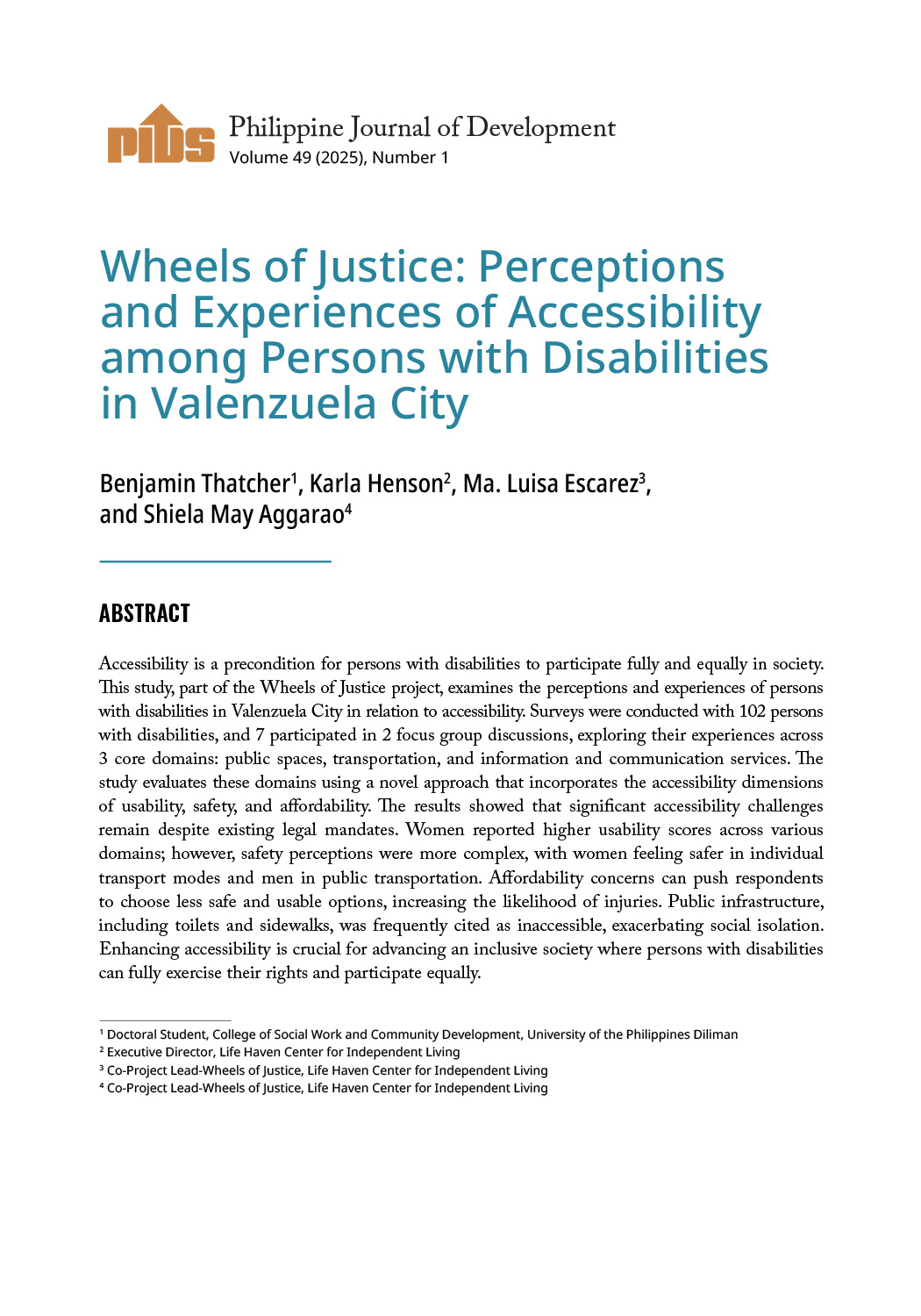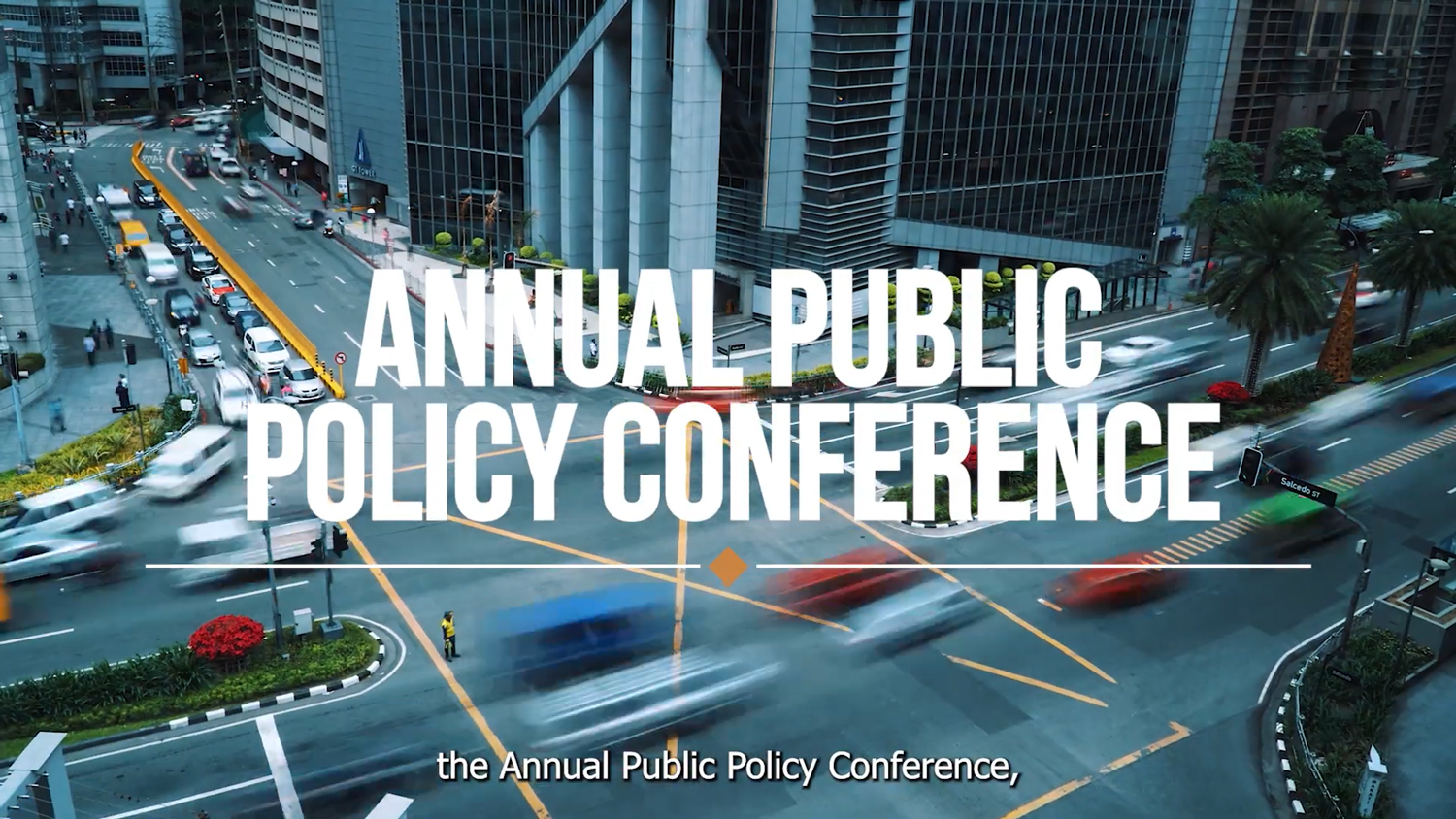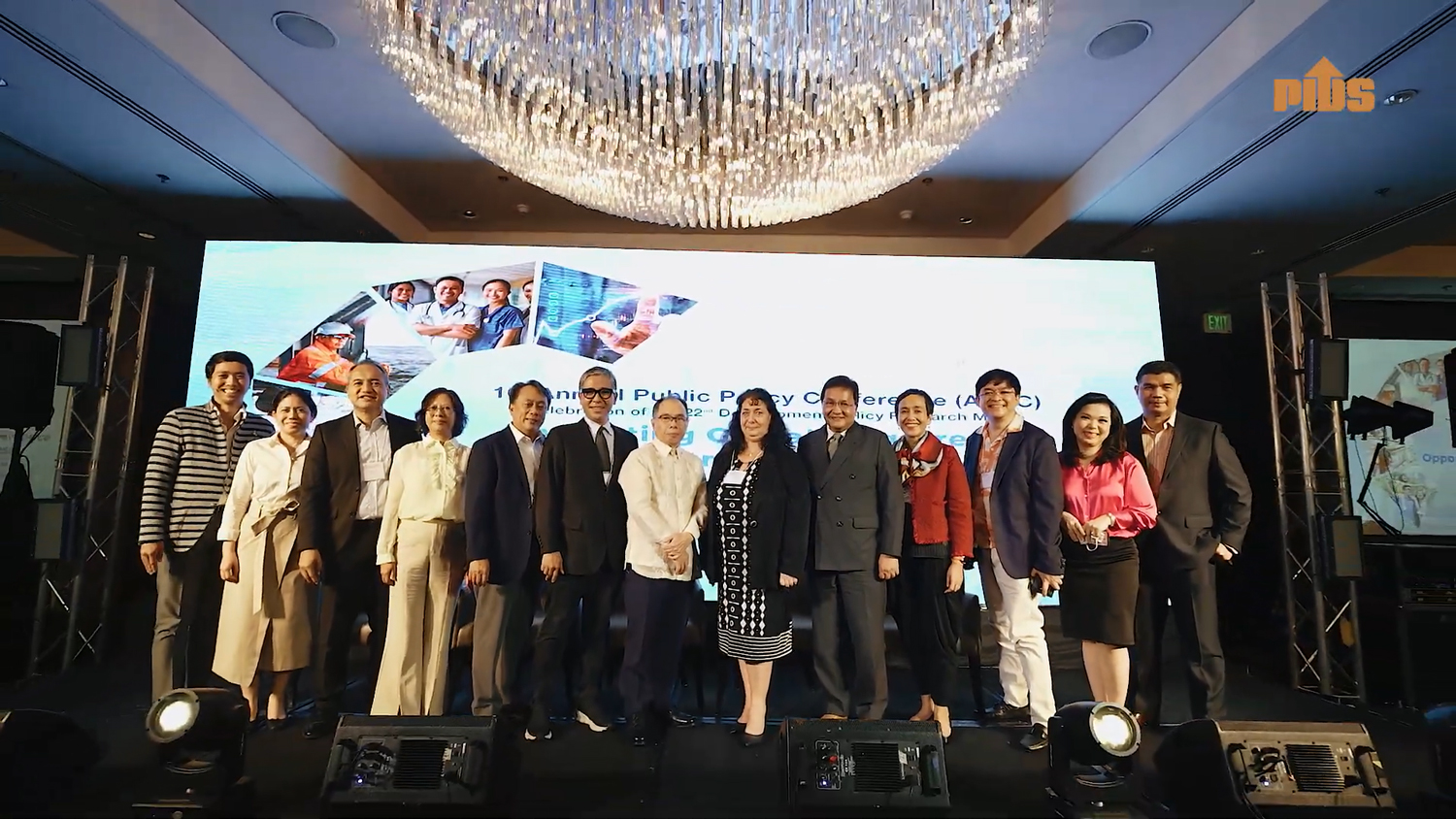Metro Manila (CNN Philippines, April 16)— With the Luzon-wide COVID-19 lockdown expected to end in two weeks' time, government officials and business industries alike have pushed for a gradual restart of select services in a bid to keep the economy afloat.
Presidential Adviser on Entrepreneurship Joey Concepcion proposed a partial resumption of operations for malls and restaurants, with commercial establishments enforcing social distancing rules.
"The malls will not open all of a sudden, they will start where there is demand for people to go and visit. The essentials will be first," Concepcion told CNN Philippines' The Source on Thursday.
Concepcion said mall owners have pledged to roll out strict safety requirements to prevent the spread of the infectious disease, should operations be approved anew. He added restaurants can also be allowed to run, but the establishments would have to cut their capacity for dine-in customers.
"Maybe they should consider the restaurants to open already, that are outside the malls and along the streets, provided that they have practiced social distancing and the wearing of masks," he noted.
For select businesses to thrive, however, Concepcion said that a gradual return of public transportation— including government-run train systems and transport units in provincial areas— should also be considered.
The economic adviser added that industries such as manufacturing and construction can also be allowed on a demand basis, in an effort to generate jobs for some Filipinos.
"We cannot just stay at home for the next months. It will not work this way. It has to be a balance between health and economy," Concepcion stressed.
Concepcion and a group of business leaders submitted an initial list of quarantine protocol recommendations to the government's COVID-19 task force prior to the extension of the regional lockdown. Earlier, the Trade Department also backed the proposed gradual lifting of the Luzon-wide quarantine.
Quarantine starts at the barangay level
Concepcion has also pushed for selective, localized quarantine measures, saying that lockdowns should first be implemented in the barangay level.
"You have to start at the smallest community, that's key to the whole strategy. If it gets worse at the barangay level, then you move up higher and higher, to the city, municipality, and provincial level," the Go Negosyo founder said.
"The idea of focus is to be able to determine where the virus is."
The proposal to gradually relax quarantine measures has been shared by several local experts.
Government think-tank Philippine Institute for Development Studies recommended a “gradual and calibrated transition" which would allow some economic activity to go along with measures in controlling the virus' spread.
Researchers and experts from the University of the Philippines also proposed a "graduated activation" of the quarantine in COVID high-risk areas, saying a region-wide lockdown may not be sustainable in the long run.
Under enhanced community quarantine measures, movement of residents— except for essential workers in select sectors— is restricted in an effort to stop the virus' spread. Mass transportation was also banned.
Latest DOH records show the Philippines now has 5,453 cases of COVID-19, including 353 recoveries and 349 fatalities.
Globally, the viral disease has infected over two million people in 185 different countries including China, where the outbreak began.
Presidential Adviser on Entrepreneurship Joey Concepcion proposed a partial resumption of operations for malls and restaurants, with commercial establishments enforcing social distancing rules.
"The malls will not open all of a sudden, they will start where there is demand for people to go and visit. The essentials will be first," Concepcion told CNN Philippines' The Source on Thursday.
Concepcion said mall owners have pledged to roll out strict safety requirements to prevent the spread of the infectious disease, should operations be approved anew. He added restaurants can also be allowed to run, but the establishments would have to cut their capacity for dine-in customers.
"Maybe they should consider the restaurants to open already, that are outside the malls and along the streets, provided that they have practiced social distancing and the wearing of masks," he noted.
For select businesses to thrive, however, Concepcion said that a gradual return of public transportation— including government-run train systems and transport units in provincial areas— should also be considered.
The economic adviser added that industries such as manufacturing and construction can also be allowed on a demand basis, in an effort to generate jobs for some Filipinos.
"We cannot just stay at home for the next months. It will not work this way. It has to be a balance between health and economy," Concepcion stressed.
Concepcion and a group of business leaders submitted an initial list of quarantine protocol recommendations to the government's COVID-19 task force prior to the extension of the regional lockdown. Earlier, the Trade Department also backed the proposed gradual lifting of the Luzon-wide quarantine.
Quarantine starts at the barangay level
Concepcion has also pushed for selective, localized quarantine measures, saying that lockdowns should first be implemented in the barangay level.
"You have to start at the smallest community, that's key to the whole strategy. If it gets worse at the barangay level, then you move up higher and higher, to the city, municipality, and provincial level," the Go Negosyo founder said.
"The idea of focus is to be able to determine where the virus is."
The proposal to gradually relax quarantine measures has been shared by several local experts.
Government think-tank Philippine Institute for Development Studies recommended a “gradual and calibrated transition" which would allow some economic activity to go along with measures in controlling the virus' spread.
Researchers and experts from the University of the Philippines also proposed a "graduated activation" of the quarantine in COVID high-risk areas, saying a region-wide lockdown may not be sustainable in the long run.
Under enhanced community quarantine measures, movement of residents— except for essential workers in select sectors— is restricted in an effort to stop the virus' spread. Mass transportation was also banned.
Latest DOH records show the Philippines now has 5,453 cases of COVID-19, including 353 recoveries and 349 fatalities.
Globally, the viral disease has infected over two million people in 185 different countries including China, where the outbreak began.












